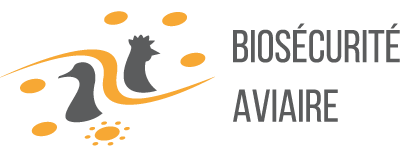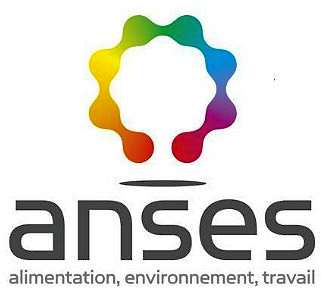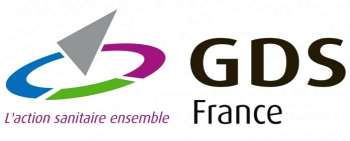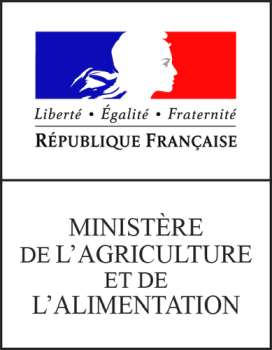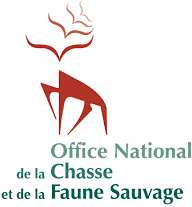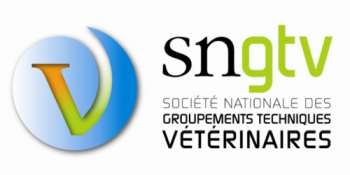Created in 2016, the Chair in Avian Biosecurity brings together research and training forces in virology, epidemiology and avian pathology around a common objective: to produce and disseminate scientific and practical information to improve avian health and in particular the control of avian influenza.
Biosecurity: a major challenge for the poultry sector
Biosecurity can be defined as all the measures designed to protect an animal population, humans and the environment from transmissible infectious agents. Beyond these principles, the observance of biosecurity measures in livestock farming, i.e. the effective implementation of the recommendations, is a real challenge. In the international landscape, French poultry farming is characterised by the very great diversity of species and the importance of sectors under signs of quality. These original productions are particularly well represented in the greater Southwest.
In this territorial context, palmiped farms are exposed to very specific health risks. The emergence of avian influenza due to highly pathogenic virus H5 (HPAI), which began in November 2015, raises questions about:
- biosecurity practices in poultry farms and during poultry transport,
- the health risks specific to palmiped farms,
- the possible epidemiological role of wild birds and non-commercial (barnyard) poultry farming.
More broadly, this crisis imposes a paradigm shift in the sanitary control of palmiped production, in order to secure it in the long term and, more widely, the sanitary status of French poultry farming.
In this context, the National Veterinary School of Toulouse (ENVT) provides scientific and educational support in avian biosecurity in the form of a “chair”, based on partnership with national and local public authorities and professional organisations.
The objective of the Avian Biosecurity Chair is to contribute to training and research in poultry biosecurity, by integrating health interactions with barnards and wild birds. All poultry species are concerned, but particular attention will be paid to palmipeds because of their central role in the epidemiology of avian influenza.
The priority axis of the project is the study of levers to conciliate the search for the best health status and the preservation of production methods widely represented in the South-West (open air, species diversity, small units).
This project is strictly consistent with national health policy.
A teaching and research programme adapted to the challenges
An operation based on the mobilization of skills and the co-construction of actions with the partners
- Co-construction, with the partners, of the actions to be carried out in training and research, around shared challenges. These actions will then be carried out in the appropriate teaching or research units.
- Strategic collaboration with the Faculty of Veterinary Medicine of St-Hyacinthe, University of Montreal, Quebec. The scientific interlocutor will be Professor Jean-Pierre Vaillancourt. During the operation period of the Chair, Professor Vaillancourt will spend a year at the ENVT.
- Steering committee of the Chair set up with representatives of the professional partners, territories and the main scientific executives of the ENVT involved in the project. The central services (DGAl) and decentralized of the Ministry of Agriculture, ANSES, INRA, ONCFS, SNGTV, GDS France and ITAVI will be represented. External experts will also be invited to assist the committee as needed.
The chair team
-
-
-
-
-
-
-
-
-
 Timothée Vergne DVM, MsC, PhD, Dipl. ECVPH
Timothée Vergne DVM, MsC, PhD, Dipl. ECVPH
